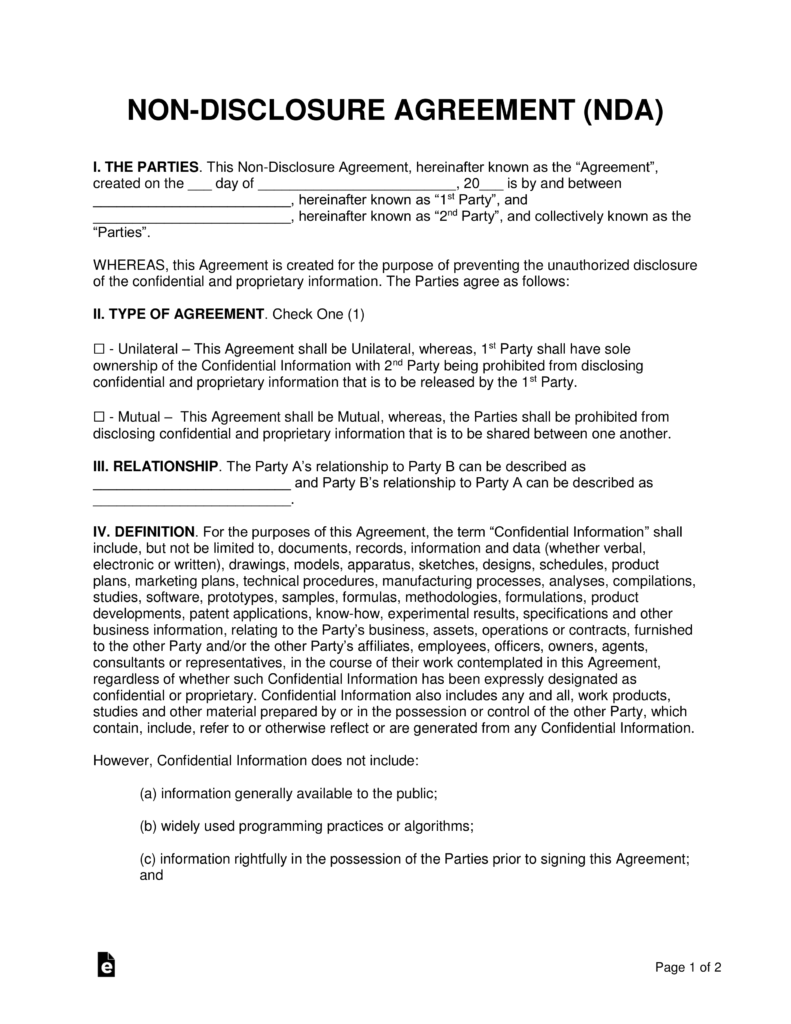Privacy Policy Template
Use our Privacy Policy Generator to create a privacy policy for your website or app.

Create a Document in 3 Easy Steps
1. Get Started
Choose Your Form or
Location to Begin
2. Answer Questions
Complete Your Document in Minutes
3. Download Document
Download and Print your PDF
This Privacy Policy document is compliant with the General Data Protection Regulations (GDPR)
The Website Privacy Policy or Data Protection Policy outlines the procedures you have in place to ensure any personal data belonging to visitors of your website is protected. You can use our Privacy Policy template, which is General Data Protection Regulation (GDPR) compliant, for your blog, chatroom, e-commerce site or any other website that requests users to disclose personal data.
Our Privacy Policy ensures that your online business is EU and UK compliant with data protection laws. It covers essential areas such as, how the visitor’s personal data will be used, how it will be stored, passwords security, as well as links to other websites. Your Privacy Policy will also ensure that you have permission from any visitors to your site to store cookies onto their computer or laptop.
What is a Privacy Policy?
The Privacy Policy explains how your business collects, stores and uses personal data/ information collected on your website. Personal data includes, but is not exclusively, a visitor’s name, contact details, date of birth and credit card details. The Privacy Policy outlines the reason why the data is collected on your website, what types of information are collected and how that information can or cannot be used.
When to use a Privacy Policy?
Use our website Privacy Policy:
- if you are collecting and processing personal data or information on your website.
- To ensure that you comply with the UK & EU data protection laws.
What is in the Privacy Policy?
Our website Privacy Policy covers:
- the type of data collected on your website
- what the data is used for
- other linked websites
- the security of the data and who has access to it
- cookies; and
- what happens if the data is transferred outside Europe
Do I need a Privacy Policy?
If you are an online business in the UK, and collecting and processing personal data, you must comply with the GDPR and UK data protection laws. This policy’s purpose is to ensure that your website complies with the obligations under the law and obtains the users’ consent to process their data as required by law.
What or who is a Data Protection Officer (DPO)?
The Data Protection Officer’s role is to help your business with compliance with Data Protection Law. They should advise you of your data protection obligations and make any necessary recommendations for changes you need to make to ensure compliance. They also liaise between the data subject (the person whose data it is) and the Information Commissioner’s Office (ICO). The ICO is the Regulator who reviews situations where a breach has occurred. If a business is in breach of the Data Protection Laws, they could be reported to and investigated by the ICO. The penalty for non-compliance is a fine.
What kind of information will be collected from users on my website?
Everything depends on what your reasons are for collecting the data on your website. If you are an e-commerce site and users are purchasing goods on your website, you may want to take their personal data such as name, address and credit/ debit card details. Personal data also includes things such as IP addresses, aliases, personal opinions, or anything that could be used to identify an individual.
What do you mean by storing cookies?
What are cookies? They are small text files that can be stored on any visitor to your site’s hard drive or browser and are generally used to collect personal data. Cookies gather information about how the user uses your website and allows your website to recognise the user when they return to your site as an existing customer. Data protection law gives the user of your website protection from cookies being stored on their hard drive or browser and lets them opt-out of cookies being used.
This Privacy Policy enables you to outline the types of cookies that will be used, how they will be used, and how the user gives permission or opts out of their use.
As a business, do I need to display my personal details on my website or on the Privacy Policy?
This all depends on how your business is set up. If you are a UK registered company or partnership, you must disclose some essential information about your business on your website.
You should at the very least display the following information on your website or in your website privacy policy:
- Your Company Name;
- Your Company Registration Number;
- The Place of Registration (e.g. England and Wales);
- Your Registered Office Address; and
- Business Contact details.
If you are set up as a sole trader, you must show the contact address of your principal place of business.
What is meant by an Information Management Security System (IMSS)?
The IMSS is the systems and processes set up to manage your businesses data by protecting the information. An IMSS aims to reduce the risk for the organisation and ensure business continuity by reducing the impact of any security breach, and are developed specifically in line with your organisations set up.
General Data Protection Regulation (EU) 2016/679. What is this?
The General Data Protection Regulation (GDPR) came into effect in 2018 and is a European law that applies to all EU Member States.
Our Privacy Policy is governed by the law of England and Wales and complies with UK and EU data protection laws.
The Privacy Policy is also known as:
Website Privacy Policy
Privacy Policy for a website
Data Protection Policy
Online Privacy Policy

